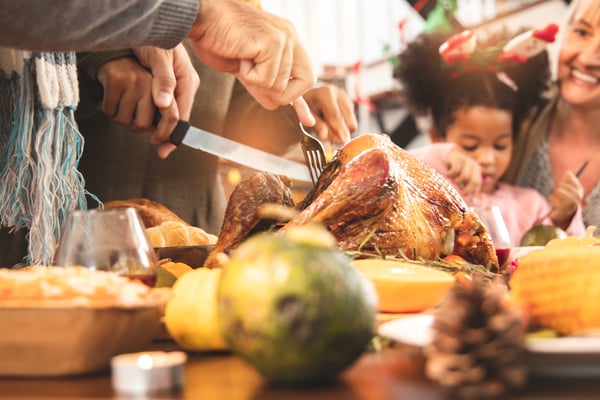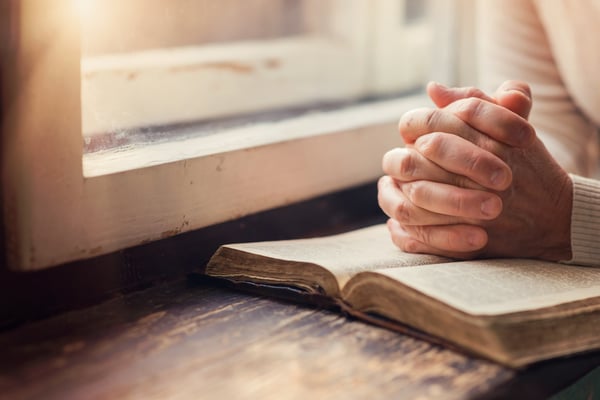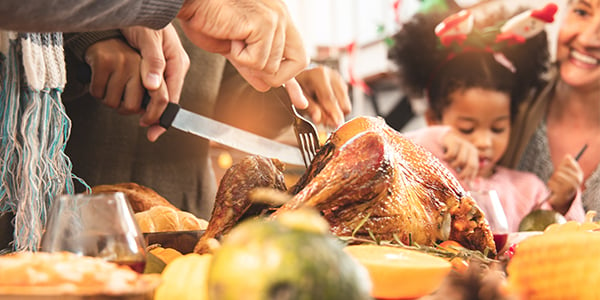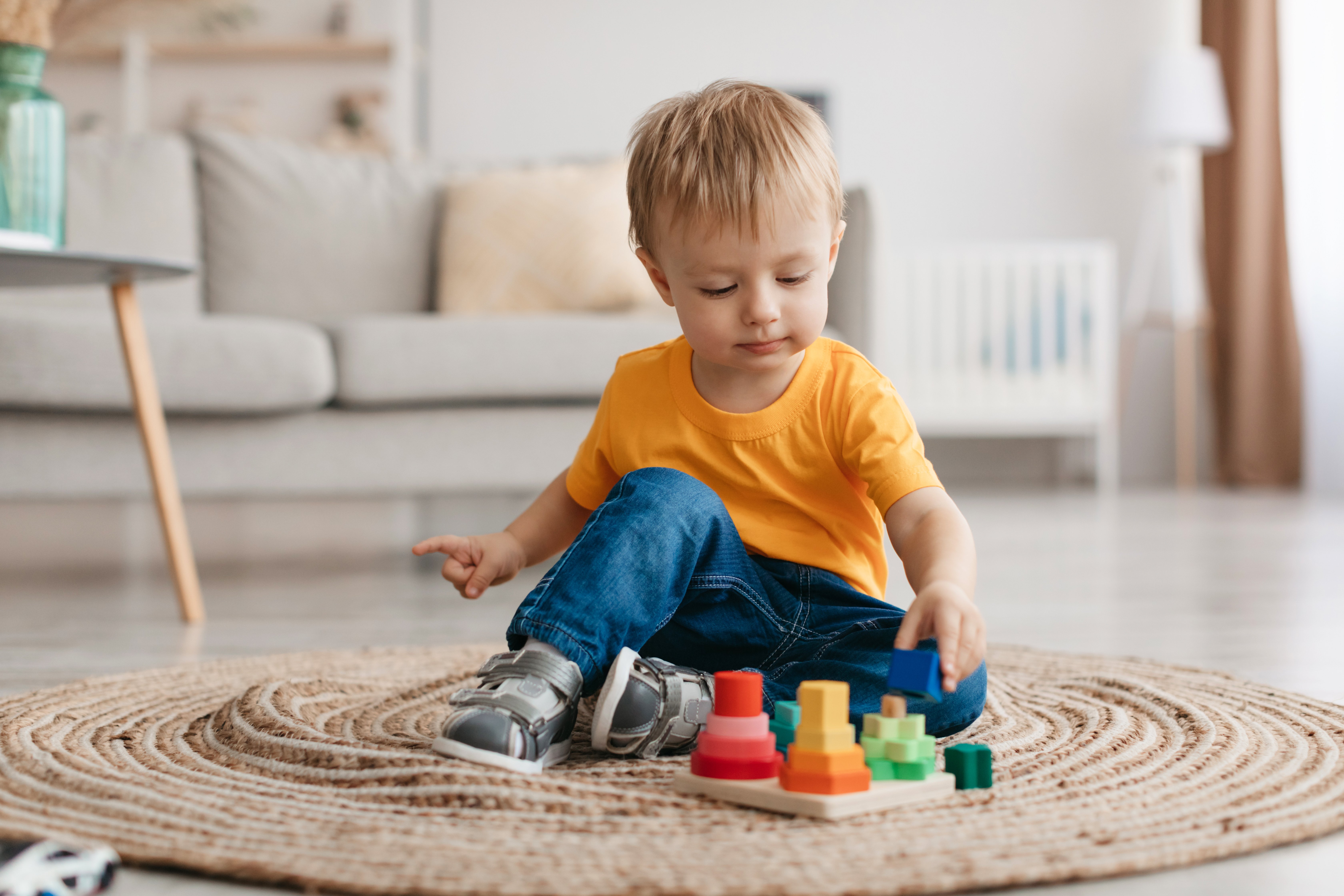By guest Blogger, Niki Hardy
That Thanksgiving I felt anything but grateful.
Ten months earlier doctors had discovered a large cancerous tumor and after enduring chemo, radiation, and a surgery to give me an ostomoy bag, followed by yet more chemo, I struggled to find anything to be grateful for.
I knew I should be grateful but figuring out how to be thankful when you’re not is tricky.
We’re Brits in the USA and so we came to this land of dreams with absolutely no idea what to do over the Thanksgiving break. It seemed every family had their own traditions that involved varying amounts of football watching, sale shopping, devouring copious amounts of turkey and, in some instances, a strange culinary conundrum called sweet potato pie.
Yet, whatever people ate or drank, no matter which football team they rooted for, or how much traveling to family they had to navigate, one thing was clear: Thanksgiving is a time of gratitude for the blessings of life.
Over the years as our lives skipped along it was often easy to see things to be grateful for, but when our life was shattered by the death of both my mum and sister from cancer, swiftly followed by my own diagnosis just six short weeks later, giving thanks wasn’t top of mind.

I couldn’t see anything worthy of thanks.
As I moved through biopsies, oncologist appointments, and put surgery dates on my calendar, I wondered whether the family heat-seeking missile of death had locked in on me.
I railed at God.
Are you kidding me, after all I’ve done for you?
What have I done to deserve this?
Are you mad at me, trying to teach me something or what?
Where’s this full, abundant life you promised me?
Whether it’s cancer or something else, one thing I know for sure, no one gets to skip the tough stuff. Our world can fall apart in an instant or unravel slowly over time. As a Brit -- with a stiff and beautifully bleached upper lip -- and a Hardy by both name and nature, I was determined to keep calm and survive.
The trouble was, after chemo, radiation, surgery, and yet more chemo, surviving was all I was doing―trapped in survival mode, merely surviving a life I’d never planned or imagined.
We’re told to “give thanks in all circumstances” (1Thess 5:18), but at that moment it didn’t just seem impossible, it felt like a down right joke.
Really? Give thanks? Are you kidding me?
My underwhelmed faith and overwhelmed heart were as inclined to give thanks as a tween boy is to spontaneously showering.
The trouble was, despite not feeling thankful, God still commanded me to give thanks. This is one of those areas where God is pretty clear and He’d left me no wiggle room – it’s a command, not a request, no matter what life had dumped on me.
Paul says we must give “thanks in all circumstances because it’s his will for our lives.” (1 Thess 5:16-18 emphasis mine) and we know God’s will is good, pleasing, and perfect, so somehow, giving thanks in the midst of my cancer was good, pleasing, and even perfect.
Just because I couldn’t understand how that worked or see what that might look like, it didn’t let me off the hook.
I still had to give thanks.
His command still stood and I had to figure out how I was to obey right in the midst of all my pain, nausea, worry and grief.
We may not understand how it works, but psychologists have uncovered the key to why God is so clear. Their research shows that practicing gratitude through thick and thin increases not just our sense of well-being, but our happiness, optimism, connection, empathy, and even reduces our aggression.
All these benefits are exactly what we need as we navigate the hard seasons of life and struggle with pain, grief, disappointment, and worry. They were just what I needed as I battled through my cancer.
Yet, if being grateful is so ridiculously good for us and God commands us to do it, what are we meant to do when we don’t feel thankful?
JUST START
Firstly, we must stop waiting for the pages of our life to flip forward to the happily ever after we’ve imagined. We must stop resenting the lives we’re living but never signed up for, only deigning to express our gratitude when something feels good.
In other words, we mustn’t wait to feel thankful to be thankful.
I had to just get on with it―giving thanks while being pumped full of chemo or lying on a radiation table as my butt got zapped. I couldn’t wait for my cancer to be over, though I didn’t know if it ever would be.
Many of us live with struggles that don’t have an expiration date such as depression, infertility, or grief. We must, therefore, give thanks before we feel thankful.

FLIP THE SCRIPT
My friend Kristan is a triple amputee who’s taught herself to be grateful when she feels anything but grateful by flipping the script of her inner mind-talk.
After a double dose of the flu and pneumonia that left her in septic shock, fighting for her life, the drugs she was given saved her life but at the cost of her hands, one of her feet, and half her remaining foot.
She may joke that she’s lost three and a half limbs, but her life is no joke.
Kristan knows what it's like to be in constant pain, feel the hopelessness of shattered dreams, and be unable to see a path in her future. And yet she's learned that gratitude is an action, not a feeling. Flipping the script is the action she takes multiple times a day.
Her mantra is “Change one word, change your outlook” and she’s living proof it works!
As she flips the script, "I have to do laundry" turns into, "I get to do laundry because I have four wonderful kids, a washing machine, and hot running water."
"I have to drive carpool" becomes, "I get to drive carpool because I've been able to learn to drive again."
Kristan isn’t always happy and skippy but she is convinced. Convinced flipping the script and giving thanks means she feels calmer, stronger, and able to grab hold of all God has for her, even with prosthetic hands.
SWITCH YOUR MINDSET
Giving thanks in all circumstances – the good, the bad, and the ugly – demands a thankful mind-set, not just thankful moments. If we can shift our individual grateful thoughts into a way of life, we will feel the increased well-being psychologists promise us, not just in moments but in every part of our lives.
I’ve found the easiest way to do this is to make gratitude a part of my morning routine. If you’re anything like me, good intentions aren’t enough. I need to make it a scheduled part of my day.
Eventually, as I stopped waiting for my cancer to be over or to feel grateful in order to be grateful, I embraced flipping the script, then shifted my mindset to one where thanksgiving is a lifestyle and not just a holiday. I discovered God is near and that, “the peace of God that transcends all understanding, will guard your hearts and minds in Christ Jesus” (Phil 4:7).
If, like me, you’re struggling to find the blessings in life and you feel anything but thankful this Thanksgiving, can I invite you to practice gratitude anyway, giving thanks for both the wreckage as well as the rubies in life?
When you do you’ll see your perspective shift and realize you don’t need to see things differently to be grateful, but rather be grateful to see things differently.
When our pain screams, our gratitude must shout louder to drown it out with praise. Then and only then can we truly discover that life doesn’t have to be pain free to be full.

Niki Hardy is a Medi-Share member, cancer thriver, and the author of Breathe Again: How to Live Well When Life Falls Apart, a no nonsense, down-to-earth roadmap to discover that with God, life doesn’t have to be pain free to be full, then go live it. You can download the first few chapters for FREE HERE or get to know Niki on her website nikihardy.com





